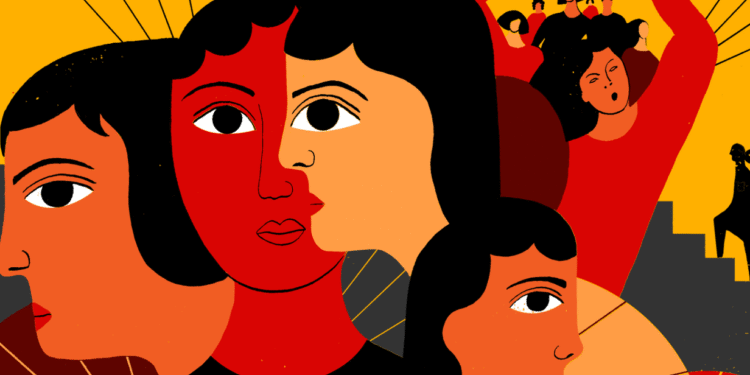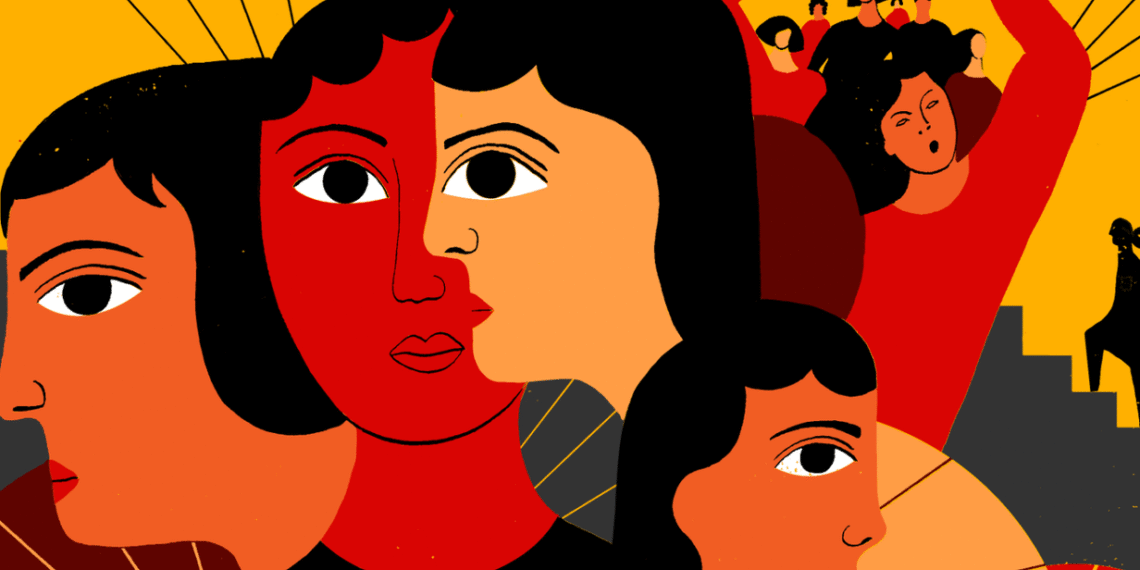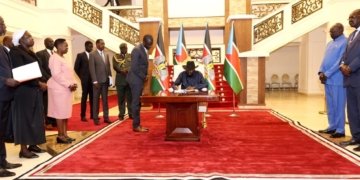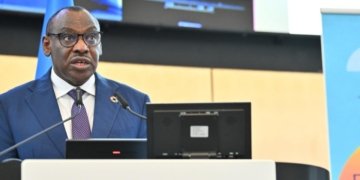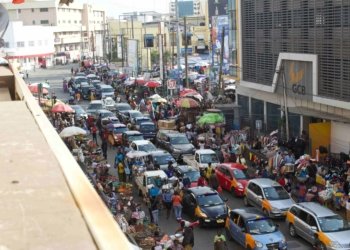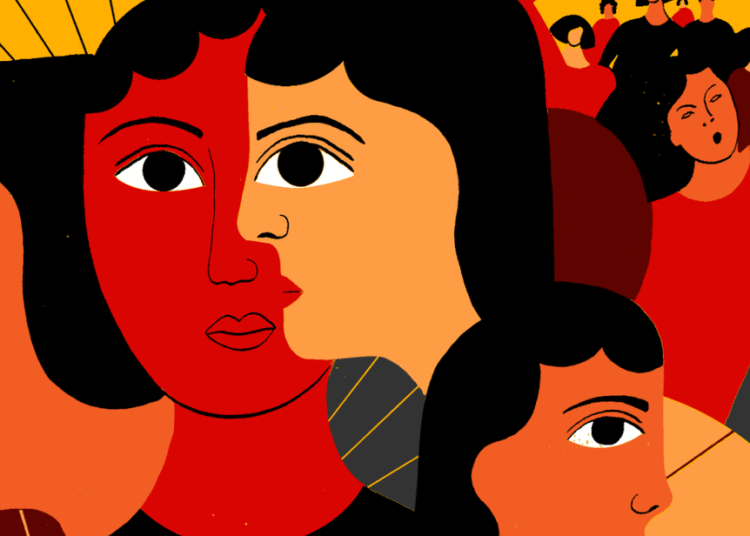The African Union and lawmakers across the continent are calling for urgent action to combat violence against women and girls, both online and offline, as the annual 16 Days of Activism campaign gets underway.
This year’s global theme, “UNiTE to End Digital Violence against All Women and Girls,” highlights how online spaces have become a new frontier of gendered abuse, especially through cyber-harassment, non-consensual image sharing and targeted disinformation.
The African Commission on Human and Peoples’ Rights on Wednesday urged African states to ratify the African Union Convention on Ending Violence Against Women and Girls, a new legal framework that recognizes digital abuse as a growing threat.
Only seven member states have signed the convention. At least 15 are needed for it to come into force.
“Digital safety is not a 16-day campaign, it is a lifelong right,” said Commissioner Janet Ramatoulie Sallah-Njie, the African Union’s Special Rapporteur on the Rights of Women.
She called for stronger protections against cyber-harassment, image-based abuse and gendered disinformation.
In South Africa, the Gauteng Provincial Legislature warned that gender-based violence and femicide remain a crisis.
The committee welcomed the government’s move to classify GBVF as a national disaster but said that state-led efforts are not enough without community engagement.
Lawmakers also raised concern over the role of firearms in domestic violence cases and renewed calls for a Gun-Free Gauteng. “Stricter gun control and community partnerships are essential to saving lives,” the committee said.
The 16 Days of Activism campaign runs until Dec. 10. Launched in 1991, it aims to raise awareness and pressure governments to prevent and respond to violence against women and girls.
The United Nations says more than 50,000 women and girls were killed globally in 2024 by intimate partners or family members.
What Is GBVF?
GBVF stands for Gender-Based Violence and Femicide, a term widely used in South Africa to highlight both everyday acts of gender-based violence and the fatal consequences that disproportionately affect women and girls.
It refers to physical, emotional, sexual or economic harm inflicted on individuals based on their gender, as well as the intentional killing of women because they are women. Femicide often occurs at the hands of intimate partners or relatives.
The term gained national prominence following widespread protests and the 2019 Gender-Based Violence and Femicide Summit, where civil society and government committed to a coordinated, long-term response.
It has since become central to policy discussions, awareness campaigns and advocacy efforts across the country.
